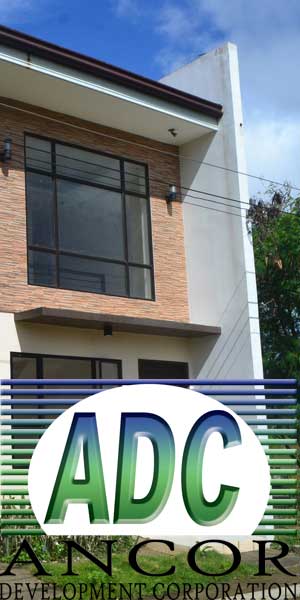THE government continues to strengthen its partnership with banks and related institutions to further improve the level of digital payments in the country.
In his speech during the Chamber of Thrift Banks (CTB) virtual convention recently, Bangko Sentral ng Pilipinas (BSP) Governor Benjamin Diokno highlighted the importance of banks’ contribution in increasing the public’s access to improved fi nancial services and their cooperation in the reforms towards fi nancial inclusion.
“Thrift banks are strategically positioned to be a catalyst for financial inclusion with an extensive network of 2,744 banking offices as of end- August 2021 that are spread in different regions throughout the country,” he said. Diokno said the country’s strong macroeconomic fundamentals and ongoing reforms can be used by the thrift banking sector in the quest to be more resilient post-pandemic.
He said the central bank, for one, has issued the Open Finance Framework that promotes consent-driven data portability, interoperability, and collaborative tie-ups among financial institutions and third party providers.
“Through ‘permission based’ access to customer financial information, financial institutions and third parties will gain access to fi nancial information necessary to develop innovative products and services that are suited to the changing consumer needs,”
he added.
Diokno said the central bank is also set to issue policies on outsourcing and regulatory sandbox or the “test and learn” framework that are expected to further facilitate digitalization among smaller institutions, such as thrift banks.
Another measure in the pipeline is the development of a “course on digital transformation to assist thrift banks in preparing for a digital ready culture and environment”, he said.
Diokno also underscored the importance of the implementation of the Philippine Identification System (PhilSys) or national ID since this will not only provide Filipinos with a unique, verifiable, and





